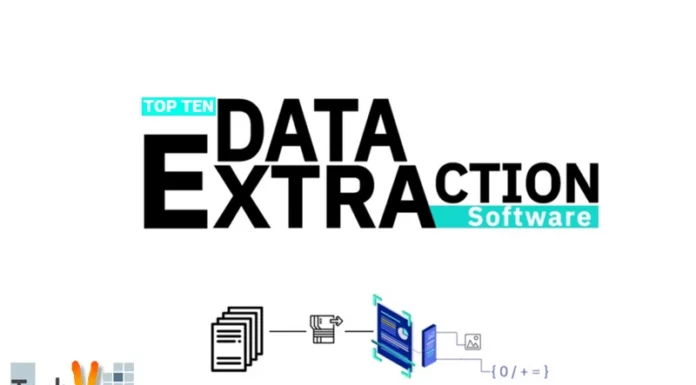Data is an indispensable part of life in the 21st century for all organizations and businesses. As the volume of data keeps accelerating day by day, there is a need for an effective way to sort and process it. Hence, there comes a necessity for Database Management System (DBMS). A Database Management System (DBMS) is a software that helps to create and manage databases, update them, and retrieve and enhance data. DBMS helps to improve data processes and increases the business reputation. Users become free from repetitive and time-consuming data processing tasks. Here, we will discuss the reasons for the need for DBMS that will help to orchestrate your system, improving security, compliance, and performance.
1. Improved Data Sharing And Security
Database Management System (DBMS) creates an environment that helps users share data quickly, effectively, efficiently, and securely across an organization. It provides quick solutions to database queries and enables faster access to accurate data. With more access to the database, it is more prone to security issues. DBMS is a better solution and platform with privacy and security policies that help companies improve data security.
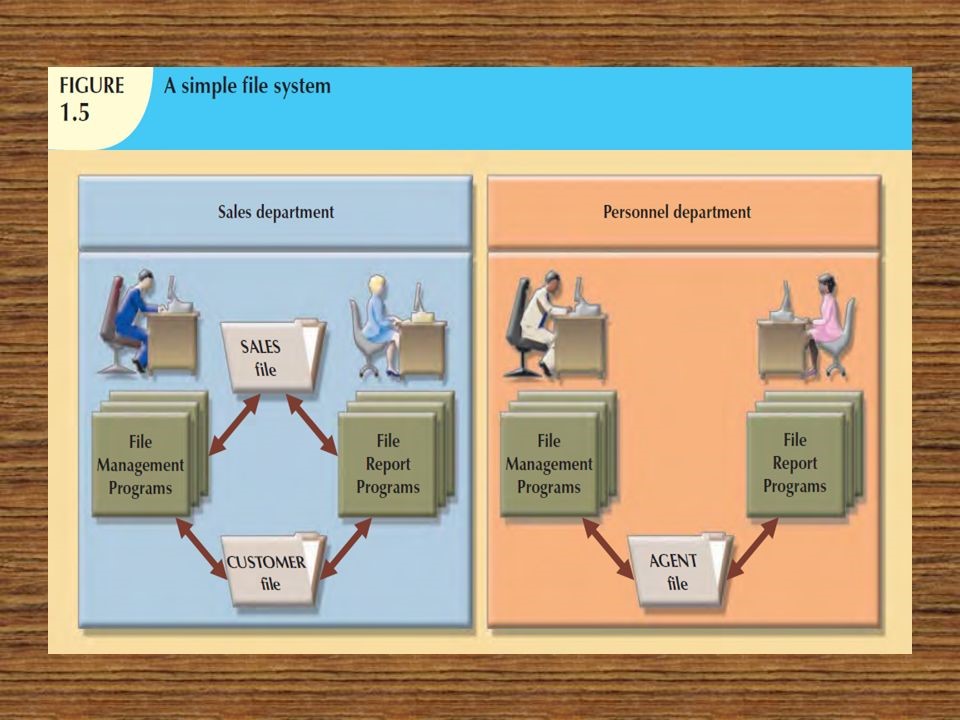
2. Effective Data Integration
Database Management System (DBMS) includes flexible integration options for standardizing data across multiple sources. The data handling is easy as there is access to managed and synchronized forms of data. It gives an integrated view of the organization’s work and a track of how one segment of a company affects another. Also, it helps to remove duplicates, normalize, and enrich data sets into workflows.
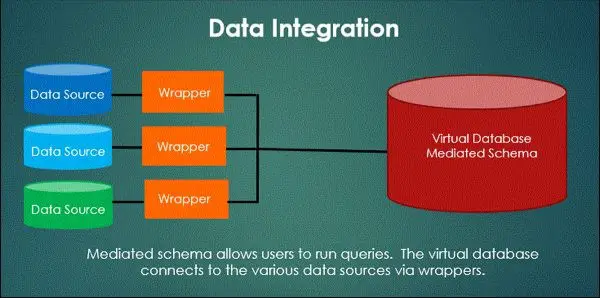
3. Minimum Data Inconsistency
Data inconsistency is a situation that occurs when there are multiple files within a database with the same data at different places in an organization. Inconsistent database errors occur because of hardware problems or software problems. DBMS helps minimize insulated files in which the same data are repeated and uncouples programs and data. There will be an accurate view of the data shared throughout the organization.
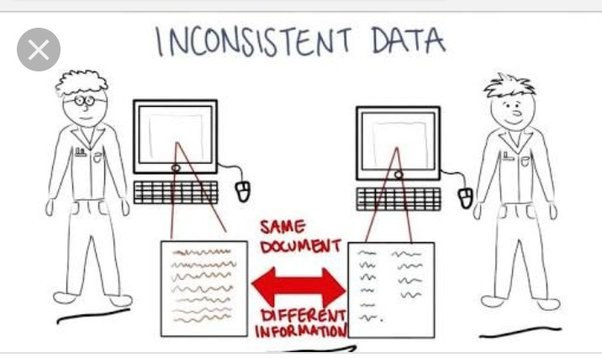
4. Reduced Data Redundancy
Data Redundancy occurs when you have the same data stored in two or more separate places. It is a common issue with most businesses. DBMS helps prevent the input of duplicate items in the database while working with a structured database. It avoids redundancy through a database by storing data in different logically related tables. Although it does not eliminate redundancy, it helps to control redundancy.

5. Increased Productivity
Database Management System (DBMS) deployment always results in increased productivity for the users. A good DBMS empowers users to spend ample time on high-value activities and strategic initiatives. Also, there is less time to clean data and manually scrub lists. It also helps end-users make quick, informative, and better decisions using the combination of tools that transform data into useful information.

6. Better Decision-Making
Database Management Systems (DBMS) provide better-managed data and improved data access as it generates better quality information. It helps to provide a framework to facilitate data quality initiatives. With better data management procedures, high-quality information is generated, which leads to a better decision-making process. It provides a framework that improves accuracy, validity, and time to read and understand data. Hence, it makes better decisions.

7. Effective Data Abstraction
Data abstraction is a procedure to hide unwanted or irrelevant data from end users. The main aim of data abstraction is to achieve data independence that enhances data security. Database systems consist of complicated data structures. For users to easily access the data, these data structures are hidden, and the relevant part of the database is accessible to users through data abstraction in DBMS.
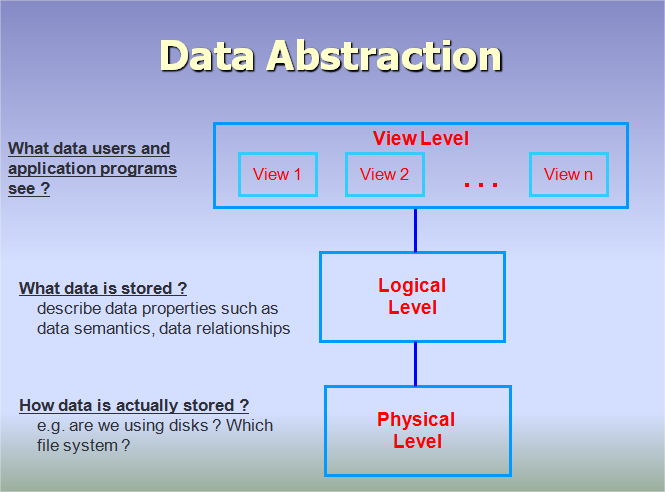
8. Increased Efficiency And Versatility
Database management systems (DBMS) provide an efficient way to handle large volumes and multiple kinds of data. Hence, businesses find DBMS very essential. Efficiently accessing data allows organizations to make quick and informed decisions. Database management systems (DBMS) show versatility. Users can access them on computers, tablets, and mobile devices. This versatility allows users to have effortless and more precise access to data.

9. Faster Data Access
Database Management System (DBMS) provides quick answers to database queries that make data access faster and more accurate than a traditional file-based system would require. Users dealing with lumpsum data have enhanced access to the data enabling faster sales. With DBMS, writing small queries is possible, which helps retrieve the information in the fastest possible way.

10. Simplicity
Simplicity means to provide an overall logical view of data in a simple and intelligible manner. DBMS provides this simplicity for the users who use it. Operations such as insertion, deletion, creation, or deletion of files or data are easy to implement. These operations use instances as inputs and provide occurrences of relations as outputs. Operational simplicity is for maximizing business value.









